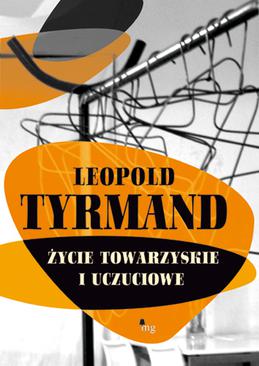
Elites of Post-Transformation
The Cases of Central and Eastern European Countries
- ebook , inteligencja, transformacja systemowa, struktura społeczna, political transformation, Central and Eastern European countries, elity, kraje Europy Środkowo-Wschodniej, intelligentsia, social structure, elites
4,3
- Autorzy:
- Wydawnictwo:
Wydawnictwa Uniwersytetu Warszawskiego
- ISBN:9788323563969
- Format:PDF + MOBI + EPUB
0,00 zł
Produkt niedostępny
The systemic transformation in Central and Eastern Europe brought about the emergence of consensual elites that ultimately favoured a consolidated democracy. Today, however, some countries are experiencing democratic backsliding, with the elites fragmented or even divided. The book presents several case studies of how elites across the region have been changing. They can be instrumental in both democratization and democratic backsliding. Illiberal elites claim to represent the will of the people, which in their view is true democracy. To understand the current state of democracy, it is necessary to examine the role of the elites in this process. It is also pertinent to address the question about the origins and characteristics of the contemporary elites that threaten liberal democracy and undermine the existing consensus.
The publication is licensed under the Creative Commons Attribution-Share Alike 3.0 Poland license (CC BY 3.0 PL) (full license available at: https://creativecommons.org/licenses/by/3.0/legalcode).
******
Transformacja w Europie Środkowej i Wschodniej po 1989 roku przyczyniła się do wyłonienia konsensualnych elit, które opowiadały się za skonsolidowaną demokracją. Jednak obecnie niektóre kraje z naszego regionu doświadczają regresu demokracji ze względu na silne podziały w obrębie elit. W książce przedstawiono studia przypadków dotyczące przeobrażeń w obrębie elit w Europie Środkowo-Wschodniej. Przyjęto założenie, że elity mogą odegrać kluczową rolę zarówno w procesie wzmacniania liberalnej demokracji, jak i pojawienia się populizmu. Populistyczne elity twierdzą, że reprezentują wolę ludu, co według nich wyraża ducha prawdziwej demokracji. Zrozumienie obecnej sytuacji jest zatem niemożliwe bez uchwycenia roli elit. W tym celu warto odpowiedzieć na pytanie o genezę i charakterystykę współczesnych elit, które zagrażają liberalnej demokracji i podważają ideę konsensusu i współpracy ponad podziałami.
Publikacja na licencji Creative Commons Uznanie autorstwa 3.0 PL (CC BY 3.0 PL) (pełna treść wzorca dostępna pod adresem: http://creativecommons.org/licenses/by/3.0/pl/legalcode).






